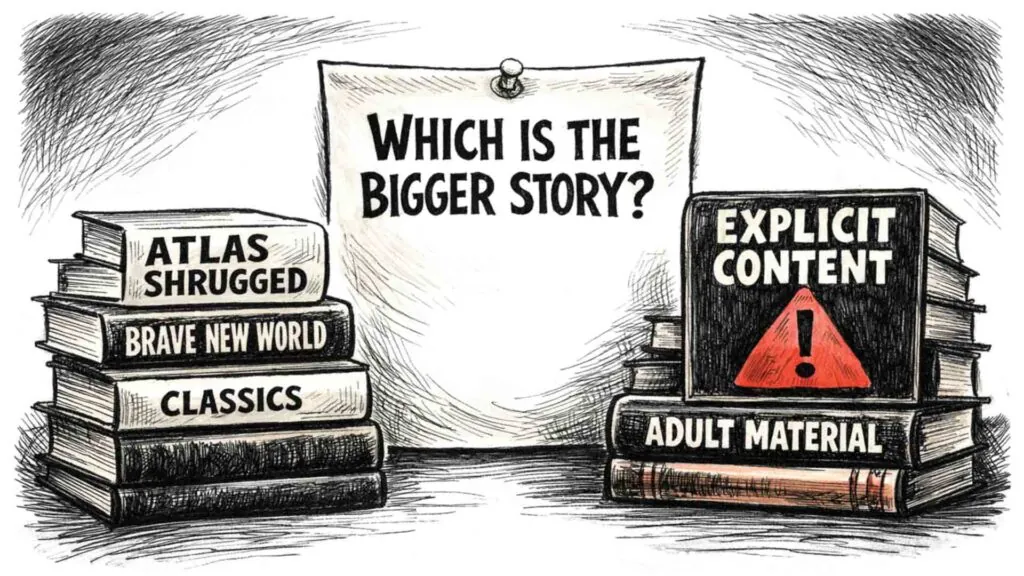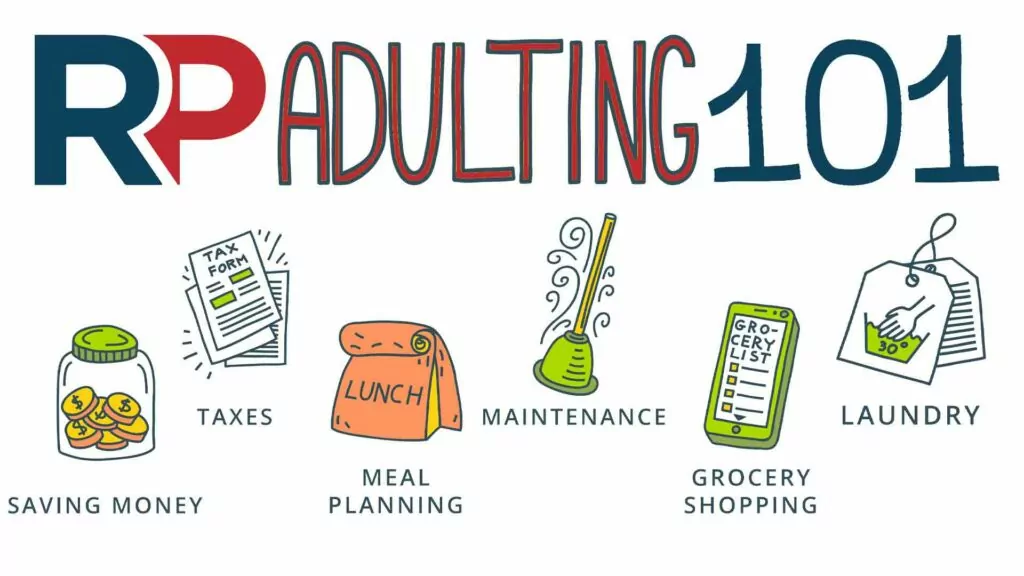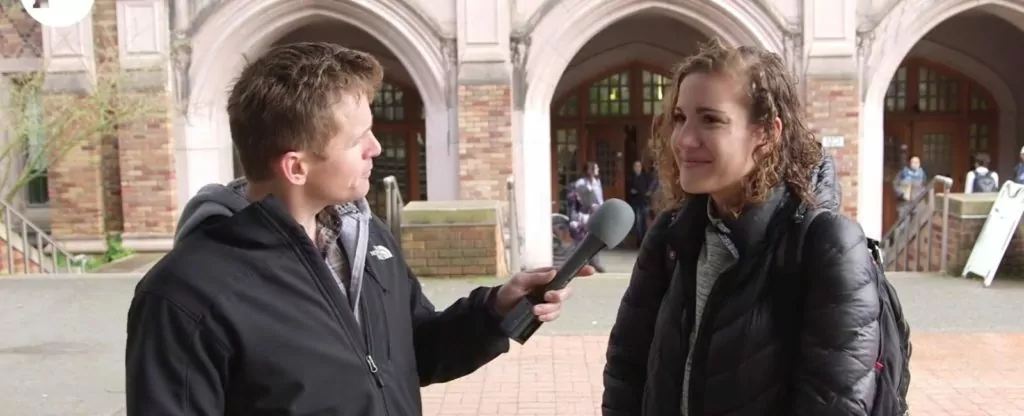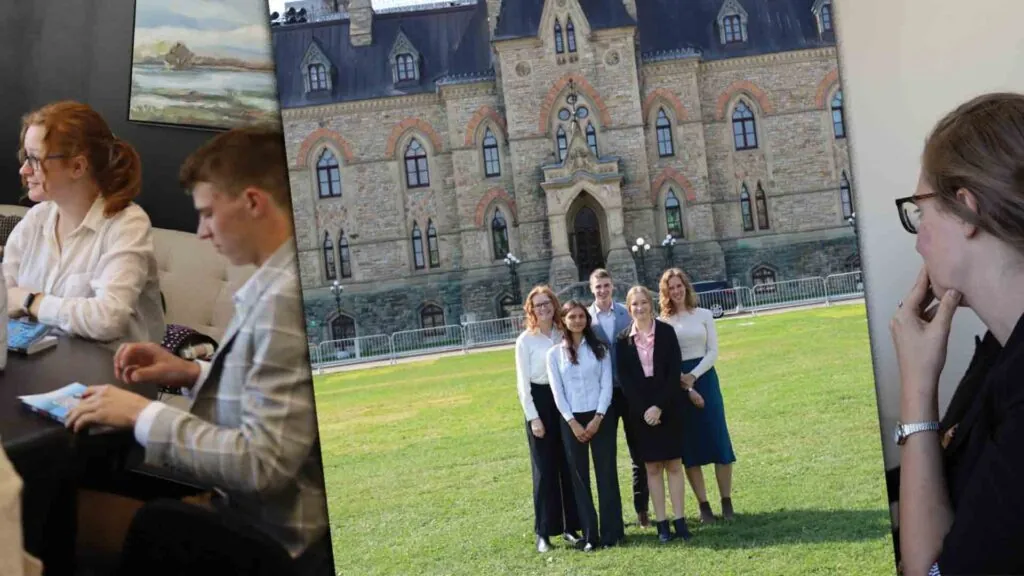
Interview with an artist
Anne deJong is taking a palette knife to the Rockies
 Rest (12 x 12”)
Rest (12 x 12”)
A view from along the Icefields Parkway - alongside her favorite palette knives.
Breathe in the crisp mountain air. Allow the hustle and bustle of everyday life to drift away on the breeze. Drink in the beauty of the jagged mountain peaks and the blue, blue lakes. These are the feelings that Anne deJong’s paintings summon up. Her love for spending time in the mountains, and her awe at the majesty of God’s creation she finds there, inspire her.
"I take every opportunity I can to hike and camp in the Rockies, and I always come home with hundreds of photos as inspiration for my work. Those stop-in-your-tracks moments where I am filled with awe for the creation around me is what I try to capture on canvas."
She wants the viewer to feel like they are there. And she's succeeded – over the years, many who've found similar feelings of tranquility and awe in these majestic Canadian landscapes have connected with her work.
How did she become a painter of the mountains? Beginning as a graphic designer, she started to take painting more seriously in 2019. "My Grandpa did a lot of painting after he retired, and he was the one who encouraged me to try painting." Her unique style developed as Anne dove into the use of palette knives, something she discovered while leading an Art Club at Parkland Immanuel Christian School. She loves the thick textures the knives create with oil paint, and uses different strokes to capture motion in long grasses or the rugged cliffs and rocks. At first she painted many different landscapes, but she found herself drawn more and more to the scenes of the Rockies.
 Original Minis (5 x 5”)
Original Minis (5 x 5”)
Anne likes wrapping her paintings around the edges of the canvas as it gives the paintings a 3d-feel when viewed from an angle.
For Anne, the mountains bring to mind the presence of the Lord, as in Psalm 125:2: "As the mountains surround Jerusalem, so the Lord surrounds his people, from this time forth and forevermore." She explains, “I don’t think specifically of what I believe when I work, but to me the mountains are such a witness to the majesty of our God.” She feels blessed to experience God's creation through the mountains, and to be able to recreate it on canvas.
For many artists, getting their work out into the world is a challenge, and it didn't come easily to Anne either. She had to research the selling process and find the best ways to reach people interested in her work. But she has found that people who share similar experiences with the mountains connect with what she paints, so she starts by talking about her experiences in the mountains. Through her website, social media, and in-person events such as art walks and community markets, she has found ways to bring her work to others who find joy in the scenes she creates.
And her work has gained recognition and appreciation over the years, and is included in private collections in Canada, the US, the UK, Australia and the Netherlands, and corporate collections within Alberta. Most recently her paintings have been chosen to be displayed at the Avens Gallery in Canmore, a well-known gallery that focuses on western Canadian artists. God gives great opportunities for His people to display the joy they find in His creation!
Learn more about Anne deJong's work on her website and her Instagram page. She also has a newsletter you can subscribe to on her website, which is the best way to learn about her events and latest work.
 Steadfast (24 x 36”)
Steadfast (24 x 36”)
This is a pre-wildfire view of Jasper National Park’s Pyramid Mountain, from the parkway. It looks quite different now but the mountain is the same – standing strong above the devastation left behind by the wildfire.
Send Harm-Mae Smit suggestions for artists to profile at [email protected].

News, Pro-life - Euthanasia
No jail for man who admits to killing his partner
“An Ottawa man who pleaded guilty to manslaughter in the death of his ailing husband has been sentenced to two years less a day of house arrest for an act the judge called ‘in every respect an assisted-suicide mercy killing.’”
So began a news story from the CBC, which went on to explain that Philippe Hébert, 74, killed Richard Rutherford, 87, on April 15, 2022. Rutherford was struggling with health challenges and a recent cancer diagnosis, and Hébert was tired and stressed by Rutherford’s condition, compounded by fears that Rutherford would be isolated due to Covid restrictions.
At the sentencing hearing on February 17, Justice Kevin Phillips explained the light sentence by noting that Rutherford wanted to die.
“Phillips said despite the killing being ‘close to murder,’ Hébert was honouring the ‘last wish’ of his husband and friend. Rutherford had the mental capacity to make that decision, and given his medical condition it was understandable, the judge said.”
The CBC story, and others like it, painted a picture of how Hébert was a model citizen and was surrounded by supporters in the court room.
In law, as in journalism, words matter a great deal. In this case, the reader is led to feel understanding, and perhaps even gratitude, for Hébert’s willingness to honor the “last wish” of his partner.
But if we avoid the euphemisms and speak the plain truth, a very different picture emerges. According to the National Post, Hébert woke up to find that his homosexual partner Rutherford was crying. Hébert claims that Rutherford couldn’t go on living and wanted him to help him end his life. In response Hébert promised he would end his own life after killing Rutherford. According to Hébert ‘s testimony, he used an incontinence pad to suffocate Rutherford, then attempted to end his own life, and called 911 for help.
Of course, with Mr. Rutherford now dead, we have no idea whether he actually asked to be killed.
Decisions and media coverage like this only further erode the sanctity of life. When Canadian law treats murder as medicine, then how can society be all that critical of someone who takes it upon himself to deliver that “treatment”? When killing-is-caring is logically extended, what protection does it give to others who are vulnerable and may be seen as a burden to their caregivers?
There is only one line that can be drawn here: that no one should murder another (Gen. 9:6) because our lives are not our own, but entrusted to us by our Maker. That will be too Christian for many, but then we can challenge them to offer any other standard that can hold scrutiny. What other line can they propose that won’t be struck down as by a court because it unfairly limits others? If it is compassionate to murder someone suffering from cancer, why isn’t it compassionate to offer the same “treatment” to someone suffering from depression? By what standard – once God’s law is abandoned – can any one be denied this inexpensive, immediate, and sure cure for suffering?
Today's Devotional
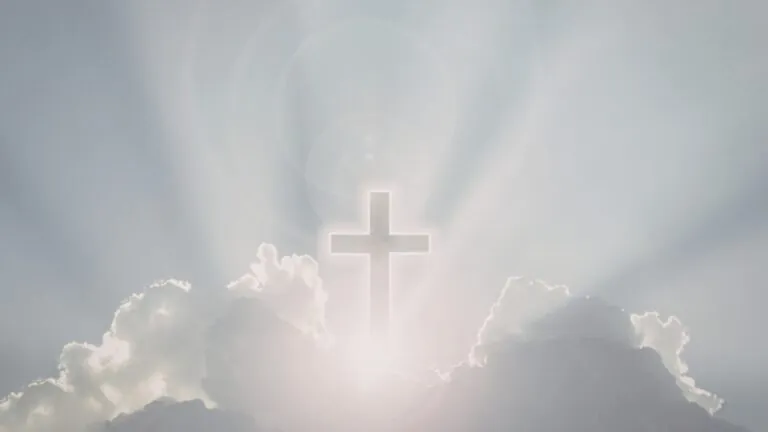
February 27 - Resurrection power
“The sting of death is sin, and the power of sin is the law. But thanks be to God, who gives us the victory through our Lord Jesus Christ.” - 1 Corinthians 15:56-57
Scripture reading: 2 Kings 13:20-21 | 1 Corinthians 15:35-58
Skeptics of the Bible find 2 Kings 13:21 to be another fanciful story. But to those of us who know the resurrection >
Today's Manna Podcast

God will deal with evil
Serving #1131 of Manna, prepared by D. Agema, is called "God will deal with evil".

















